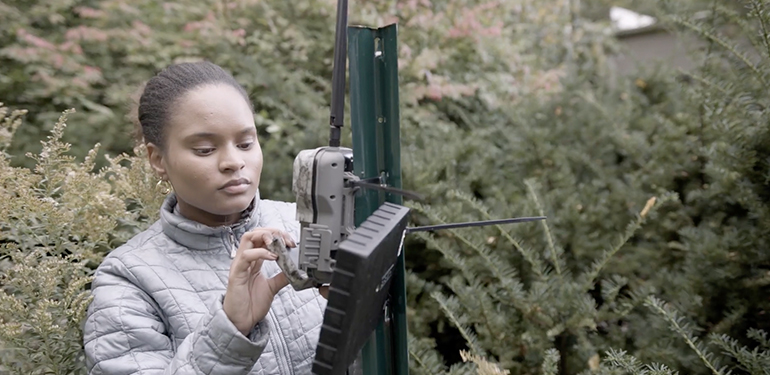Academics / PhD ProgramPh.D. Student Spotlight
Academics
/ PhD Program
The PhD Student Spotlight highlights Ph.D. students' hard work and dedication throughout their time at Northwestern University.
Haley Lewis
Environmental Engineering & Science
Emma Shapiro
Environmental Engineering & Science
Jiaxing Wang
Environmental Engineering & Science
Gretchen Bella
Transportation Systems Analysis & Planning

